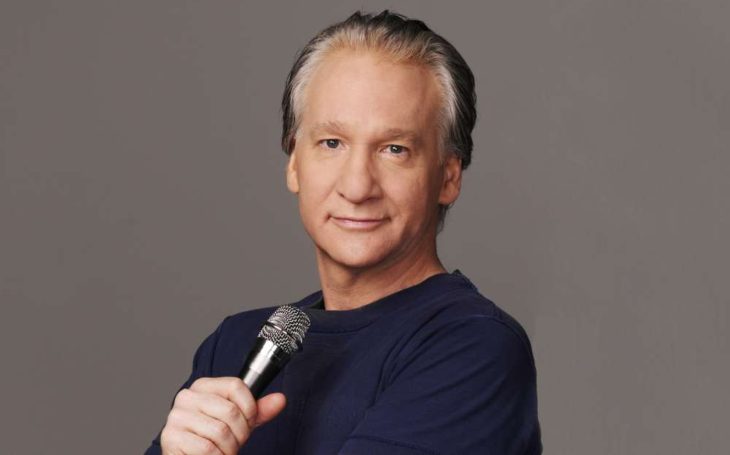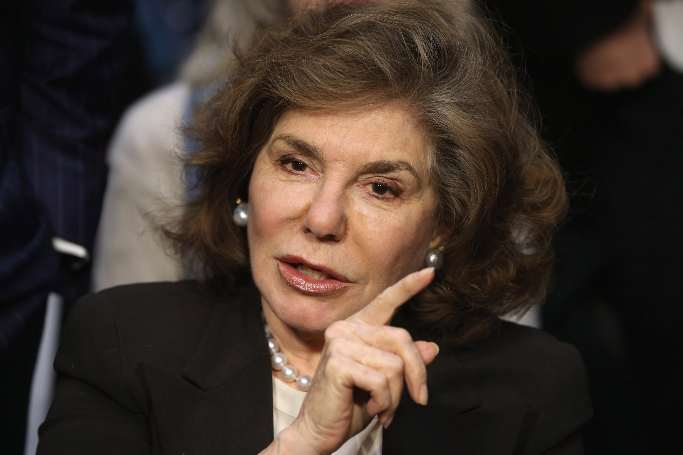Dalia Grybauskaitė is the incumbent President of Lithuania who is in the office since 12 July 2009. Previously, she held the offices of European Commissioner for Financial Programming (2004 – 2009) and Budget and European Commissioner for Education and Culture (2004).
Early Life and Education
On 1 March 1956, Dalia Grybauskaitė was born to mother Vitalija Korsakaite and father Polikarpas Grybauskas. Raised in Vilnius, present-day Lithuania, Grybauskaitė went to Salomeja Neris High School for early education. Completing her high school, Grybauskaitė joined Saint Petersburg State University to do an undergraduate study in political economy. Grybauskaitė also went to Georgetown University.
Dalia Grybauskaitė is not married.
Career
Prior to boarding the train of professional career, Grybauskaitė moved from job to job. First, at 19 years of age, she was a staff inspector at the Lithuanian National Philharmonic Society. Soon after joining the Saint Petersburg State University, she started working as a factory worker. Then, Grybauskaitė became a lecturer in political economy and global finance at the Vilnius Communist Party High School.
As Grybauskaitė had earned a degree from an American university by 1991, she was felt competent enough to hold the position of Director of the European Department at the Ministry of International Economic Relations to the Republic of Lithuania. Having worked there for two years, Grybauskaitė was appointed as chair of the Economic Relations Department. While at the office, Grybauskaitė was crucial in negotiating Lithuania’s trade terms with the European Union. This highlighted her in Lithuanian and European political economy.
Starting in 1999, Grybauskaitė joined Lithuanian government as deputy Minister of Finance and negotiated diplomatic economic terms with IMF and World Bank. A year later, she left the office to join Ministry of Foreign Affairs as vice Minister and then promoted to Ministry of Finance as Minister. Grybauskaitė served the office until 2004 and joined the European Union as Commissioner for Education and Culture. Soon, she left the office to join the top post at the European Commission for Financial Programming and the Budget.
As Commissioner, Grybauskaitė designed the 2008 EU budget in her own terms whereby the organization allocated unprecedentedly high amounts on growth and employment. She always criticized the previous EU budgets for putting too much emphasis on agriculture and natural resources. Having attained numerous achievements and widespread fame, Grybauskaitė decided to run for 2009 presidential election on 26 February 2009.
Supported by the Conservative Party, Grybauskaitė remained an unmatched candidate throughout the elections. Moreover, she raised voices against government’s failure to solve the financial crisis which had sent the Lithuanian economy to a slump with 15.5% unemployment rate. Likewise, Grybauskaitė was considerate about bureaucratic procedures, poor government investment priorities, and partial foreign policies. These agendas led her to grab a landslide victory with 69.1% votes on 17 May 2009. President Grybauskaitė assumed the office on 12 July 2009.
Since being elected in 2009, Grybauskaitė has been fruitful to Lithuanian foreign policies and economics. The GDP growth rate is at 1.3% and the unemployment rate is down to 8.7%. Moreover, the inflation is at a desirable point of 2.3%. Talking about foreign policies, Grybauskaitė has repeatedly criticized Russia for its Ukrainian intervention and heavy use of military.
Trump and Grybauskaitė
Also known as the Iron Lady of Lithuania, Grybauskaitė congratulated US President Donald Trump for his victory on November 8. She expressed her gratitude to American support for Lithuania’s freedom and independence. In the same way, President Trump said that he will back Ukraine – as Lithuania does – and supported praised Lithuania’s progress towards energy diversification. On NATO, Grybauskaitė has urged the American power to hold the security commitments.
Awards
- 2003: The Commander’s Cross of the Order of the Lithuanian Grand Duke Gediminas, Lithuania
- 2009: The Order of Vytautas the Great with the Golden Chain, Lithuania
- 2011: Commander Grand Cross with Chain of the Order of the Three Stars, Latvia
- 2011: Knight Grand Cross of the Royal Norwegian Order of St. Olav, Norway
- 2011: Knight Grand Cross of the Order of the Falcon, Iceland
- 2012: Grand Officer of the Order of Saint-Charles, Monaco
- 2013: Knight Grand Cross of the Order of the White Rose of Finland, Finland
- 2013: Knight Grand Cross of the Order of the Cross of Terra Mariana, Estonia
- 2013: Charlemagne Prize for 2013, Aachen
- 2015: Order of the Republic, Moldova
- 2015: Knight of the Order of the Seraphim, Sweden




